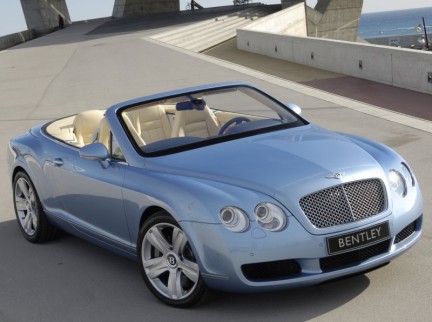End to rise in vehicle emissions possible by next decade
 New York - The rise in vehicle emissions could be halted by the next decade using an integrative approach involving improved fuel efficiency of combustion engines, second-generation bio fuels, electric vehicles and improved traffic flow, according to a study by McKinsey.
New York - The rise in vehicle emissions could be halted by the next decade using an integrative approach involving improved fuel efficiency of combustion engines, second-generation bio fuels, electric vehicles and improved traffic flow, according to a study by McKinsey.
In the study entitled, "Roads towards a low-carbon future", the McKinsey researchers found that vehicle emissions could be 18 per cent below 2006 levels in 2030 using a combination of fuel-efficient combustion engines, hybrid engines and zero-emission electric vehicles.
Half of the emissions could be reduced, if the automobile industry invested in more fuel-efficient combustion engines. A quarter of the potential lies in clean drive technologies such as hybrids, plug-in hybrids and electric vehicles.
The study predicted that the number of vehicles on the road would increase from 730 million in 2006 to more than 1.3 billion by 2030.
"Reducing C02 emissions from passenger vehicles will, however be a highly capital-intensive endeavour," the study points out and requires additional annual investment of between 170 and 230 billion euros (226 to 306 billion dollars).
However, the researchers emphasize the necessity of reducing emissions with an increase of 54 per cent in emissions projected, if no measures are taken.